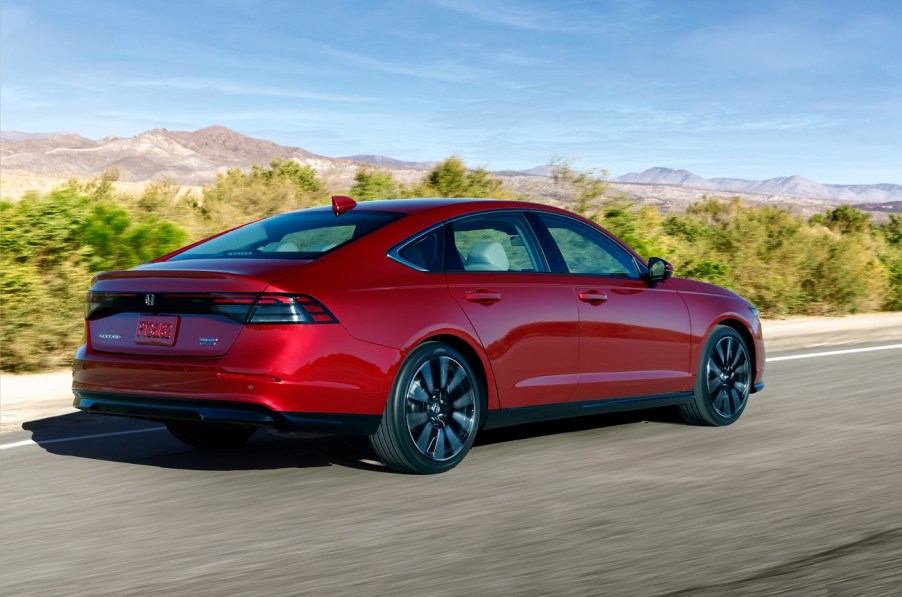
At Honda, Reliability is Part of the Company Culture
The reputation of Japanese automakers is undeniable. Included in that conversation are Honda and its sister company, Acura. But what makes Honda cars so reliable? There are several factors including manufacturing standards and engineering philosophies that make Hondas so dependable.
Strict factory rules and guidelines
At each Honda assembly station, there are more than just robots welding and bolting pieces together. Honda’s manufacturing blends robotic precision with human understanding to meet the highest quality standards. Only a human can understand the minute details when performing quality checks. With people involved at every stage of the manufacturing and development process, Honda cars are built to be reliable and consistent.

Attention to detail makes Honda cars reliable
When designing their vehicles, Honda engineers pay attention to every detail. This team of experts goes over everything from engine and suspension components to buttons and dials. With such strict attention to detail comes an inherent level of quality and reliability. Before going to production, extensive tests on any new or updated Honda car component ensure reliability for extended periods of time.
Decades of expertise
While Honda isn’t the oldest automaker on the block, it does have several decades of experience behind them. Not only that, but Honda has spent most of that time perfecting the same technology. Honda’s VTEC system has been all about perfecting low-displacement four-cylinder engines for both efficiency and performance.
Since 1989, VTEC has been the driving force behind Honda reliability, and in the ensuing decades, it has only gotten better. In short, VTEC optimizes air and fuel flow to improve performance without sacrificing reliability. It’s a smart system that changes profiles at low and high rpm ranges to maintain safe internal engine pressure even as power increases.
Honda cars are reliable because they are tested in the harshest conditions
Beyond simply having decades of experience, Honda tests its vehicles in the harshest environments. Forget years of road testing. Instead, Honda has focused a wealth of energy and money in the world of motorsports to develop reliable parts for daily use. A report by HotCars shows that Honda pushes new tech to its limits in this high-stress environment. In doing so, Honda can ensure the long-term reliability of road cars by adapting this racing technology.
As recently as 2021, Honda engines were winning at the highest levels of racing. Formula 1 uses a turbo-hybrid power unit that is relevant to the modern push to electrified vehicles. Honda’s involvement in this top-tier series offers a wealth of data and high-stress testing to ensure even newer hybrid vehicles can stand the test of time.
Even more impressive, Honda engines power the Acura endurance racing team, taking part in 24-hour races multiple times per year. These high-stress environments help Honda create more reliable parts for its road cars.
What are the most reliable Honda cars?
Any Honda car with a four-cylinder, non-turbo engine is easily good for 200,000 miles or more. This includes models like the Honda Civic and Honda Accord. However, even Honda turbocharged cars are reliable these days. With both 1.5-liter and 2.0-liter turbo engines in the new Honda lineup, it has both power and reliability in one. The advent of hybrids hasn’t dampened Honda reliability, either. From the Civic and Accord Hybrid to the Clarity and Insight plug-in hybrids, Honda models of all types just keep on ticking.
Research company iSeeCars includes four Honda models and one Acura vehicle on its list of 23 longest-lasting cars. The three-row Honda Pilot leads the Honda brigade, but other popular models like the Accord, CR-V, and Honda Element see over 27% of sold models reach 250,000 miles or more. That longevity is baked into newer models as well, with 200,000-mile projections for the current-generation Civic and Accord, along with the Pilot and CR-V SUVs.




